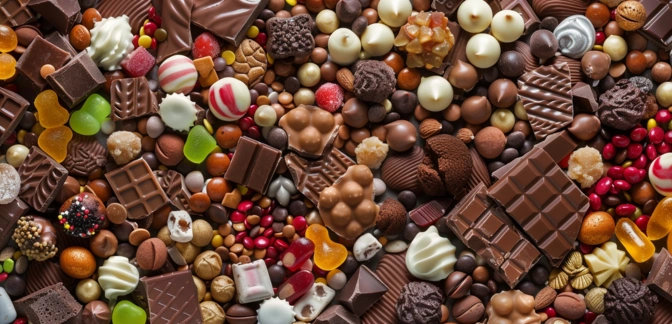Popcorn — Nutrients, Health Benefits, And Shopping Tips

Written by Listonic Team
Last update on September 4, 2024
Popcorn nutrients
Nutrition facts
Amount per 100 g
Calories
🔥 375 kcal
| Nutrition per: 100 g | Value | % Daily Value* |
|---|---|---|
| Carbs | 78 g | 28.36% |
| Fiber | 15 g | 53.57% |
| Sugars | 1 g | 2% |
| Glycemic Index | 55 | - |
| Protein | 11 g | 22% |
| Sodium | 7 mg | 0.3% |
| Total Fat | 4 g | 5.13% |
*The % of Daily Value (DV) tells you how much a nutrient in a serving of food contributes to a daily diet. 2,000 calories a day is used for general nutrition advice.
15 g
✅ High Fiber Content
11 g
🧀 Good Protein Content
Popcorn facts & tips
Health benefits
- High in fiber, promoting digestive health, regular bowel movements, and a healthy gut microbiome.
- Low in calories when air-popped and without added fats, making it a healthy snack option for weight management.
- Contains antioxidants such as polyphenols, which help protect the body from free radicals.
- Provides whole grains, which are beneficial for heart health and overall well-being.
Health risks
- High fat and sodium content in many commercial or microwave popcorn varieties, which can contribute to hypertension, increased cardiovascular risks, and weight gain.
- Risk of digestive discomfort such as bloating or gas when consumed in large quantities, particularly if not properly chewed.
- Potential for artificial additives such as preservatives, flavorings, or colorings in some commercial popcorn, which may cause adverse reactions in sensitive individuals.
- Risk of choking particularly in young children if the popcorn is not properly chewed before swallowing.
How to choose popcorn
Quality popcorn kernels should be uniform in size and have a golden color, ensuring they pop evenly. The kernels should be free of dust and debris, stored in a sealed container to maintain freshness.
Avoid popcorn that has a high number of unpopped kernels in the bag or smells musty, as these signs can indicate old or poor-quality corn. Packages with tears or holes should also be avoided, as exposure to air can make the kernels less likely to pop.

How to store popcorn
Unpopped popcorn should be stored in an airtight container in a cool, dry place. This helps keep the kernels fresh and ensures they pop well. Properly stored, popcorn kernels can last for up to a year.
Humidity can affect the popping quality of popcorn kernels. Avoid storing them near sources of moisture, which can lead to mold and spoilage. Always keep the container tightly sealed to maintain freshness and prevent pests.
✅ Extra Tip
How long does it last?
Popcorn can last for 6-12 months when stored in an airtight container in a cool, dry place. Once popped, it is best consumed within 1-2 weeks.
What to do with leftovers?
Leftover popcorn can be used in a variety of fun and creative ways. Toss it with melted butter, cheese, or spices for a savory snack, or mix it with caramel, chocolate, or marshmallows for a sweet treat. Popcorn is also great when used as a topping for salads, soups, or casseroles, adding a crunchy texture.
Use popcorn as a base for popcorn balls by mixing it with melted marshmallows and pressing into balls, or make a batch of popcorn trail mix by combining it with nuts, dried fruits, and chocolate. If you have a lot of popcorn, consider making a batch of popcorn brittle by coating the popcorn in caramel and baking until crispy. Popcorn can also be used as a crunchy topping for ice cream or yogurt, or mixed into a no-bake bar with peanut butter and honey. For a quick snack, reheat popcorn in the oven and toss with your favorite seasonings, or mix it into a savory or sweet snack mix.
👨⚕️️ Medical disclaimer
Discover products from other categories
Listonic Team
Fact-checked
Our editorial team checked this article to make sure it was accurate at the time of publishing it.
Get the top-rated shopping list app

popcorn
1 piece







